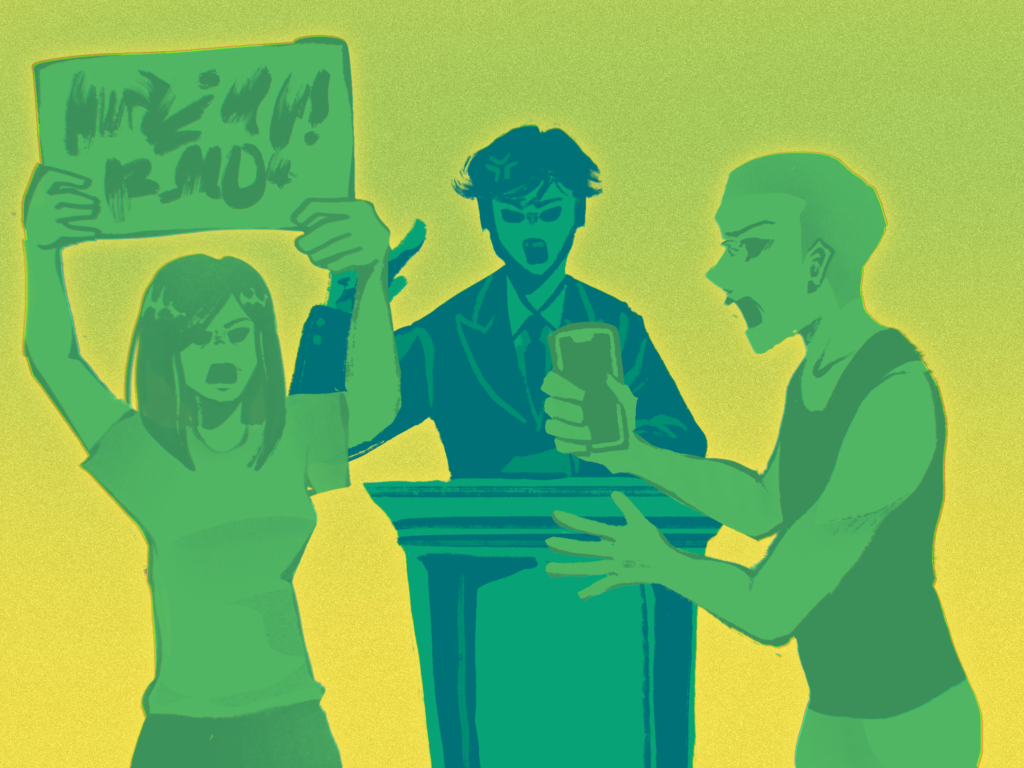Whether it be Lance Armstrong, Barry Bonds, or Marion Jones, the use of performance-enhancing drugs has been a huge problem in sports for a long time. It is a recurring issue, and most of the substances abused take the forms of steroids or blood doping. But a new scandal has emerged recently: the use of medical marijuana in the NFL. Eugene Monroe, an offensive tackle for the Baltimore Ravens, has been at the forefront of the pursuit for legalization of medical marijuana. What could medical marijuana possibly be used for in the NFL? Pain relief. Monroe believes that the current forms of pain medications are much more harmful than marijuana. Legalizing marijuana may not be so outlandish as one might think. There are more benefits for the football players than just getting a good high.
A study conducted by Washington University at St. Louis Medicine School found that half of the retired football players they researched used pain medication, and out of them, 71% admitted to misusing painkillers during their football days. These painkillers are known as opioids, and the most common drugs are OxyContin, Vicodin, and Methadone. The major problem with opioids is the addiction that can follow. Minor side effects like constipation and nausea are common. More dangerous side effects like respiratory depression are less common, but can be very harmful and can lead to death. Marijuana, however, has side effects like the munchies or temporarily impaired thinking. There have been no recorded fatal overdoses of marijuana in the United States, while the number of recorded opioid-related deaths in 2014 was over 18,000.
Even with this evidence of the benefits of medical marijuana for pain reduction, the NFL has not changed its stance on the issue. Cleveland Brown’s wide receiver, Josh Gordon, was banned for the entire 2015 season because he tested positive for marijuana. It is ironic that a player gets banned for using marijuana but can get away with having a life-threatening opioid addiction. Furthermore, studies have shown that medical marijuana can even alleviate certain pains to a greater extent than opioids can.
One of the reservations people have regarding marijuana is the lack of sufficient evidence to prove it is not detrimental to one’s health over a long period of time. Many people argue that because there is not sufficient large-scale evidence, it should not be put on the market. However, medical marijuana is currently legal in 24 states, and there have been legitimate studies that show that it does decrease nausea and pain from HIV/AIDS, that it reduces the pain of glaucoma, and even helps with the Tourette syndrome. Unfortunately, because it is considered a Schedule 1 drug, it is very hard to conduct scientific testing on it.
Medical marijuana is classified as a Schedule 1 drug, along with heroin, ecstasy, LSD, peyote, and bath salts, to name a few. This means that it is considered to have a high potential for abuse. The only way that medical marijuana could be legalized is if more studies are done. At the moment, the lack of studies on the long-term effects can be a cause for concern and without further evidence, it will be very hard to legalize medical marijuana.
Unfortunately, because it is a Schedule 1 drug, it is illegal to do legitimate studies on the effects of the drug, creating a frustrating catch-22.
The claims that Eugene Monroe made about medical marijuana took courage – he had to stand out among the crowd and voice his opinion. While many people continue to dismiss his claims and the claims of others about medical marijuana, its fan-base is growing.
Pain medication in the NFL is very important due to the high number of injuries in the sport, and their negative effects have been clearly felt by football players well past their playing years. Monroe was right when he said, “We have cannabis, which is far healthier, far less addictive and, quite frankly, can be better in managing pain.”
Current pain medications are addictive and harming thousands of people each year in the United States. This is extremely clear in the recent rise of abuse of legal opioid drugs such as OxyContin in suburban America. Furthermore, these opioids are gateway drugs to heroin, which is being used increasingly by Americans as a painkiller and illicit drug.
It is time that not only the NFL, but also the country as a whole, takes a leap of faith and allows the use of medicinal marijuana, as well as further testing of the drug.




